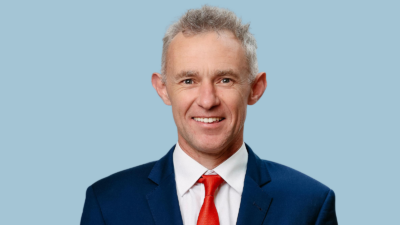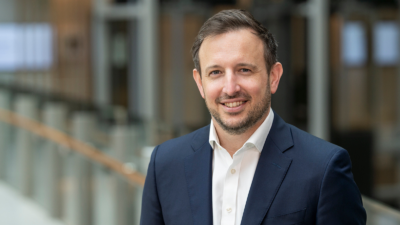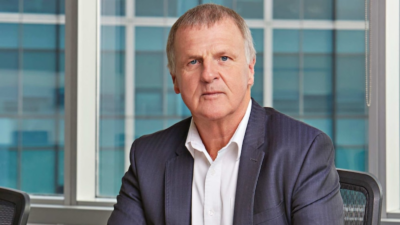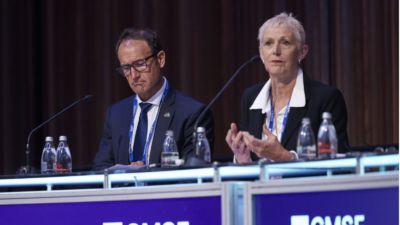Big and small funds alike can do well for their members, and what’s more important than size is how they use it. But the risks of having a highly concentrated industry have been “underplayed”, according to ANU academic Geoff Warren.
The changes to the Your Future Your Super performance test are an improvement, according to WTW. But the application of the test to trustee-directed products is probably more of a negative than a positive, and some benchmarks remain inflexible.
The Paris-aligned benchmarks that an increasing number of global investors now subscribe to disincentivise activities that might actually help the energy transition, according to index provider Scientific Beta.
It’s not so much the scale as the speed of Australian Retirement Trust’s growth that makes investing tough. A big allocation today might be a tiny slice of the pie tomorrow.
Active management and diversification are “essential” in the emerging carbon credit market. TelstraSuper is getting both through a new strategy from Apostle Funds Management.
Australian institutional investors are plotting increased allocations to alternatives and rethinking geopolitical risk, according to Nuveen.
Investors holding out for a monetary policy hero will have to keep holding out. And as regulators put out spot fires in the global banking system, they’ll need to reckon with the new behemoths they’ve made.
If you’re not gaining market share in a rapidly consolidating industry, you’re losing it. One of ART’s smallest proposed mergers offers big opportunities for national growth.
Garry Weaven’s collected writings offer a fascinating history of both the industry fund movement and one of its key architects – and a warning not to stick with the pack.
There’s “nothing sinister” about funds taking advantage of government incentives to enhance returns for members, according to IFM. And when it comes to those funds heading offshore, “culture eats strategy”.















